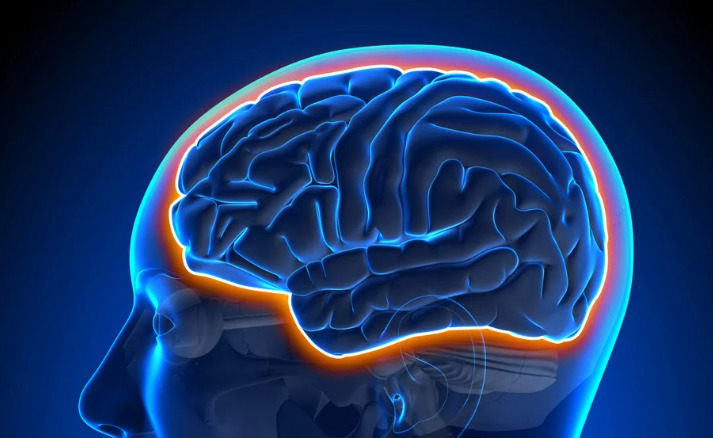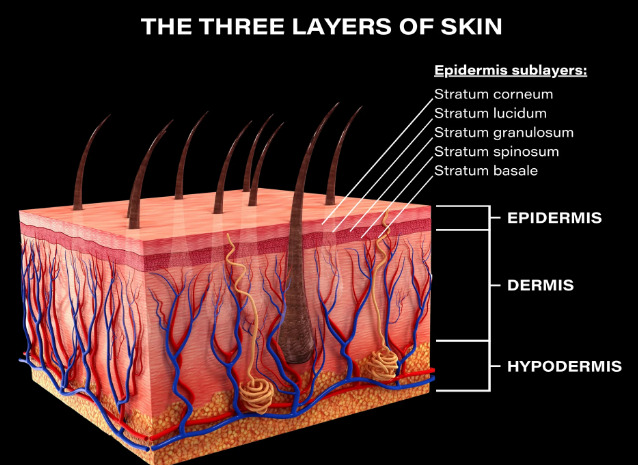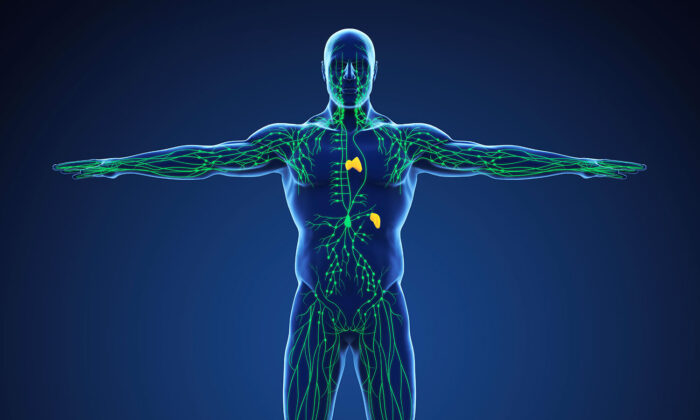Magnesium is a vital mineral that plays a crucial role in numerous biological processes within the human body. Topical magnesium is involved in over 300 enzymatic reactions and plays a critical role in regulating energy metabolism, protein synthesis, and DNA replication.
Many people suffer from magnesium deficiency, which leads to a wide variety of health problems. Magnesium also plays a vital role in bone health by regulating calcium absorption and metabolism. Magnesium deficiency has been linked to osteoporosis, a condition characterized by weak and brittle bones. Topical magnesium is available in many different formats including Sprays, creams, lotions, and oils. Topical magnesium can be applied to the bones to improve bone density and strength.
You could take magnesium supplements orally but rubbing a liquid magnesium directly onto the skin is actually a more bioavailable use of magnesium as it penetrates the protective layers of skin and is administered into the blood stream without having to inject or use an intravenous drip (IV).
Applying topical magnesium to a specific body area allows the targeting and penetration through skin, tissue, muscles, organs, and bones in that area of the body. For instance, if you have a sore muscle or joint, you can apply magnesium oil directly to the affected area, allowing the magnesium to penetrate deep into the tissue and provide relief.
Topical magnesium has also been shown to penetrate the blood-brain barrier, which is a protective barrier that separates the blood from the brain and spinal cord. The blood-brain barrier is designed to prevent harmful substances from entering the brain, but it can also prevent beneficial substances, such as magnesium, from entering as well. However, research has shown that topical magnesium can effectively penetrate the blood-brain barrier, allowing it to be used to treat neurological conditions such as migraines, anxiety, and depression.
The most common form of topical magnesium is magnesium chloride, which is derived from ancient sea beds, like the Dead Sea, and is highly concentrated. Topical magnesium is known to be easily absorbed through the skin, making it an excellent option for application via any surface area of the body.
Other forms of magnesium, such as magnesium sulfate and magnesium oxide, can also be used topically, but they are not as effective at penetrating the skin. When magnesium is taken orally, it is absorbed through the digestive system and distributed throughout the body.
Topical Magnesium Spray
Topical magnesium spray is applied directly to the skin, and the magnesium is absorbed through the skin and into the bloodstream.
Circumventing the digestive system is the great advantage of using topical magnesium over any oral use of magnesium. When magnesium is taken orally, it must pass through the stomach and intestines, where it can be degraded and excreted before it has a chance to be absorbed into the bloodstream. However, topical magnesium is absorbed directly into the bloodstream through the skin, bypassing the digestive system entirely. This means that a higher percentage of the magnesium is available for use by the body.
Our skin serves as a barrier that regulates the absorption of magnesium into the bloodstream. The skin has three layers: the Epidermis, dermis, and hypodermis or subcutaneous tissue. The epidermis is the outermost layer and is made up of dead skin cells. The dermis is the middle layer and contains blood vessels, nerves, and sweat glands. The hypodermis is the deepest layer and contains fat cells and connective tissue.
Magnesium can penetrate all three layers of the skin, but the rate of absorption varies depending on the type of magnesium used, the concentration, and the area of application. Magnesium is absorbed faster in areas with thin skin, such as the face, neck, and arms, than in areas with thick skin, such as the palms of the hands and soles of the feet.
Once magnesium enters the bloodstream, it is transported to various parts of the body, including muscles, organs, and bone. Magnesium plays a crucial role in muscle contraction and relaxation, and a deficiency in magnesium can lead to muscle cramps, spasms, and weakness. Topical magnesium can be applied directly to sore or tight muscles to alleviate pain and stiffness.
Magnesium is also essential for nerve function and can help alleviate anxiety, depression, and other mood disorders. Topical magnesium can cross the blood-brain barrier, which is a protective membrane that separates the blood from the brain and spinal cord. The blood-brain barrier regulates the exchange of substances between the blood and the brain, allowing some substances to pass through while blocking others.






